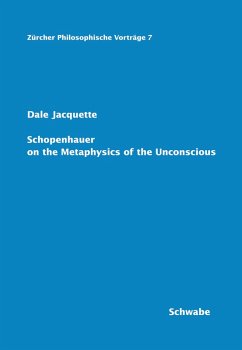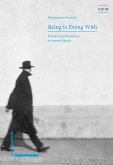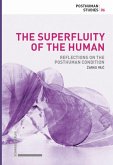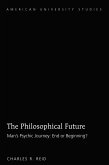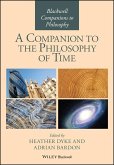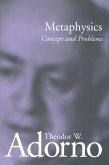Schopenhauer's metaphysics of the unconscious in its relation to consciousness is contrasted with later psychoanalytic concepts of individual and collective unconscious influences on conscious thought, causally affecting behavior and the physical expression of cognitive and emotional states. Schopenhauer seals off consciousness from penetration by unconscious elements, while Freud and Jung consider the possibility of unconscious desires, fears, hopes, and the like surfacing perhaps therapeutically into a subject's awareness. The similarities and differences between Schopenhauer's metaphysics and Freud's and Jung's assumptions about the relation between consciousness and the unconscious are critically considered. Schopenhauer's metaphysics of the unconscious conditions but denies the logical possibility of unconscious elements emerging from behind the curtain into consciousness. Freud and Jung in the psychoanalytic tradition are theoretically committed on the contrary to the causal possibility of an unconscious element emerging with its identity intact into an individual conscious thinker's subjective streaming moments of consciousness.
Dieser Download kann aus rechtlichen Gründen nur mit Rechnungsadresse in A, B, BG, CY, CZ, D, DK, EW, E, FIN, F, GR, H, IRL, I, LT, L, LR, M, NL, PL, P, R, S, SLO, SK ausgeliefert werden.

